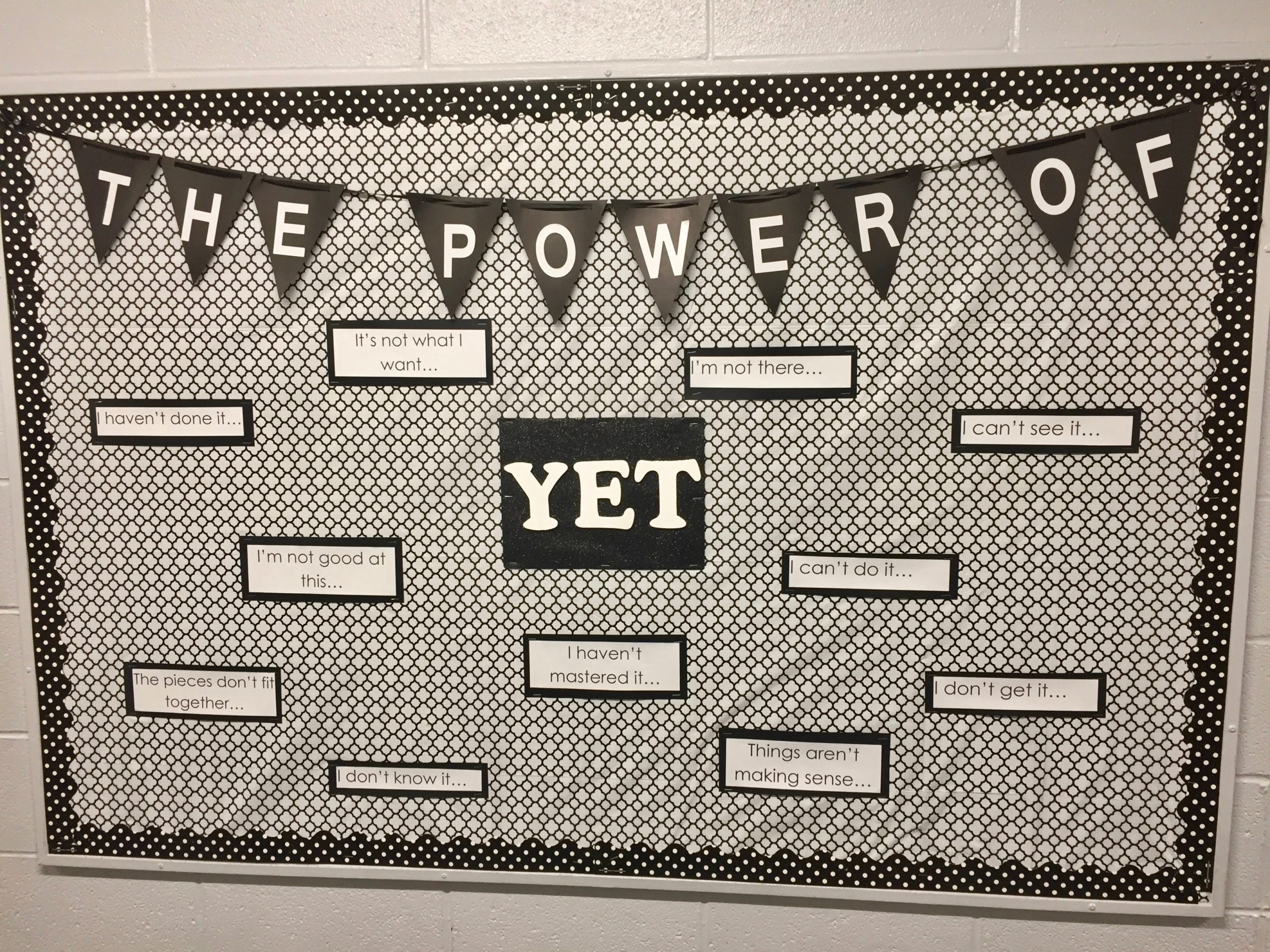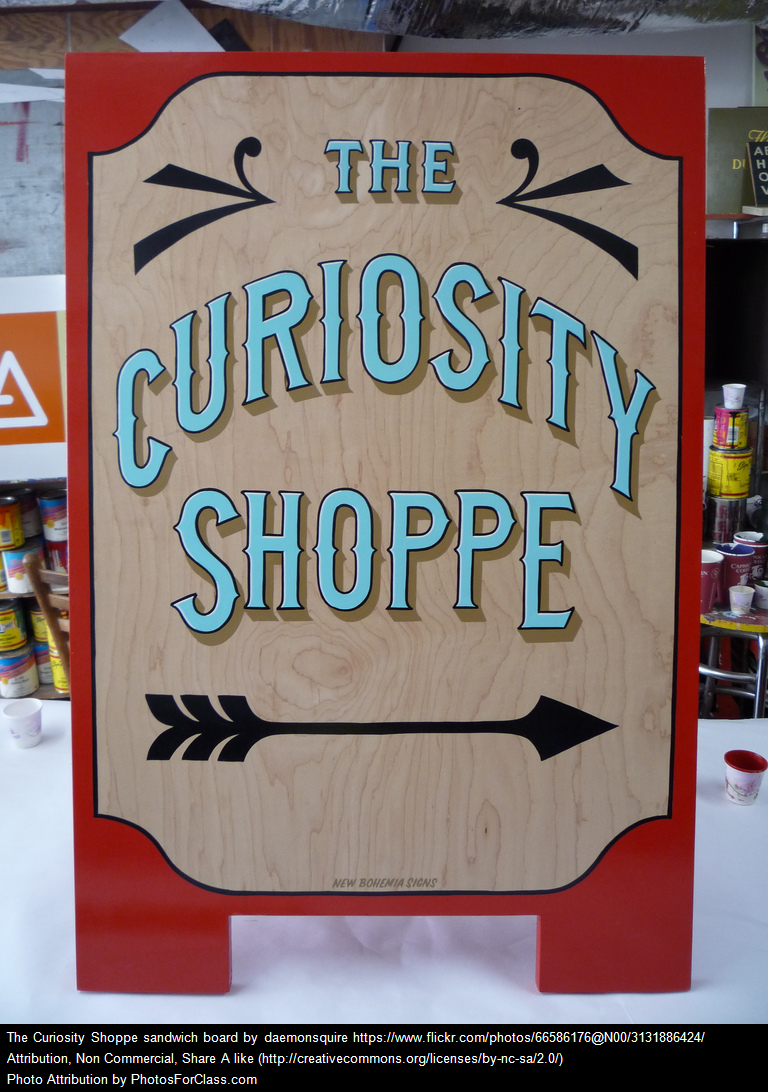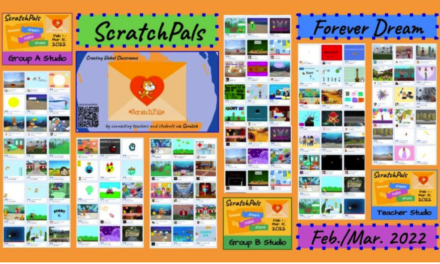I previously wrote about the Power of Words here. This is a follow up to that discussion, with even more concrete suggestions for changing the language we use in classrooms.
“It’s unbelievable how much you don’t know about the game you’ve been playing all your life.” Mickey Mantle
Why would a baseball legend, arguably the best all-time switch hitter in the game not consider himself an expert in baseball??? What does being an expert mean? Is perfection ever possible? Can one ever know all there is to know on any given subject? Does getting 100% on a test mean I’m done learning?
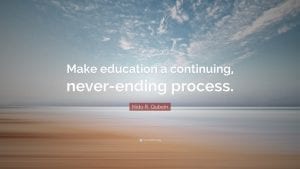
As educators, we know that our words have an impression on our students. We often hear our words coming out of their mouths, for better or for worse. What we might not always be aware of is how our words can topple dreams, change the course of history or even influence a student’s future career path. Dramatic? Consider that the student-teacher interaction is “the primary determinant of student success” according to Darling-Hammond (2000). In fact, this interaction – in particular the words teachers use when addressing students – “is seen as the most important variable affecting student achievement, even more so than demographic factors” (Darling-Hammond 2000).
“No matter what anybody tells you, words and ideas can change the world.” -John Keating
Which brings me to the crux of it all: Our words matter! The words we use can limit or set our students free; it is really that simple. Carol Dweck has labeled the fixed mindset often seen in schools as the “CEO disease,” i.e. striving for success and avoiding failure at all costs. The typical language that accompanies such a mindset goes some like, “I can’t…” “I’m no good…” “I’m not creative at…” “I failed…” Dweck’s extensive research into brain psychology suggests that developing a growth mindset in our educational system “requires not just maintaining a positive attitude, especially in the face of adversity, but developing the determination and self-confidence to try and keep trying.” Transforming our perceived limitations into ” I’m not there YET but I will get there eventually.” An open mindset and the words we use can “create a passion for learning rather than a hunger for approval”. What educator doesn’t want that?
“The purpose of adopting a growth mindset is to encourage the children to reflect on their learning and progress.” – Carol Dweck
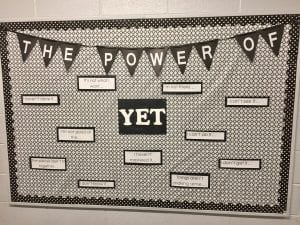
From the hallways at Pierre Elliot Trudeau Elementary school (EMSB)
As an educator, opening your mindset can be as simple as using the word YET more amongst your peers and students. Put up a poster in the hallways of your school or classroom, and keep coming back to it with your colleagues and your students, and watch how it starts making curious, innovative, and creative learners.
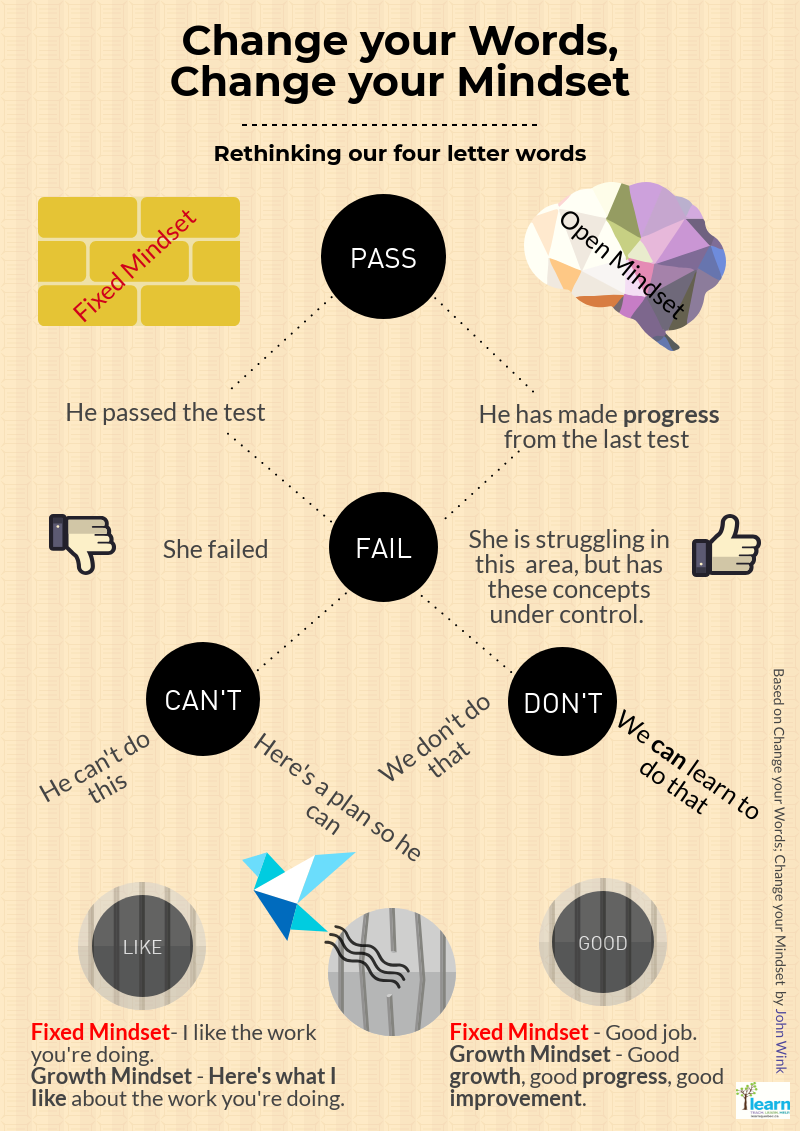
************************************
Denton, P., EdD. (2015). The power of our words: Teacher language that helps children learn (2nd ed.). Turners Falls, MA: Center for Responsive Schools
Darling-Hammond, Linda. (2000). “Teacher Quality and Student Achievement:” Education Policy Analysis8(1). Accessed on 7 May 2018; http://epaa.asu.edu/ojs/article/view/392/515>
Dweck, Carol. (2006). “Mindset: The New Psychology of Success.” New York: Ballantine.

